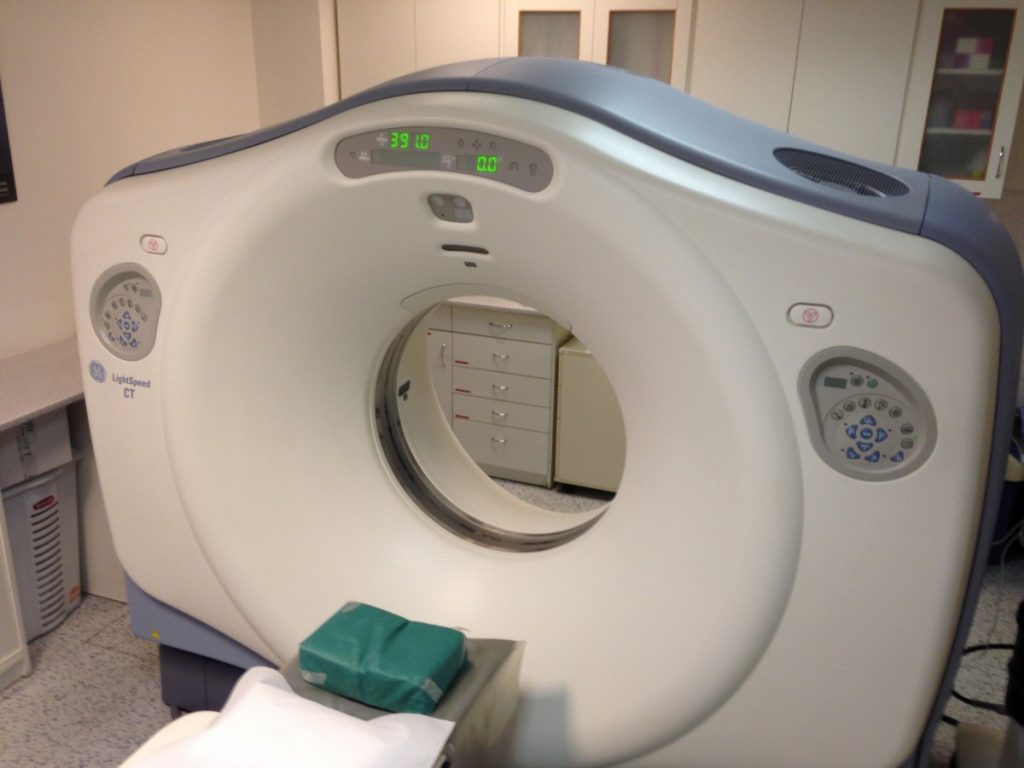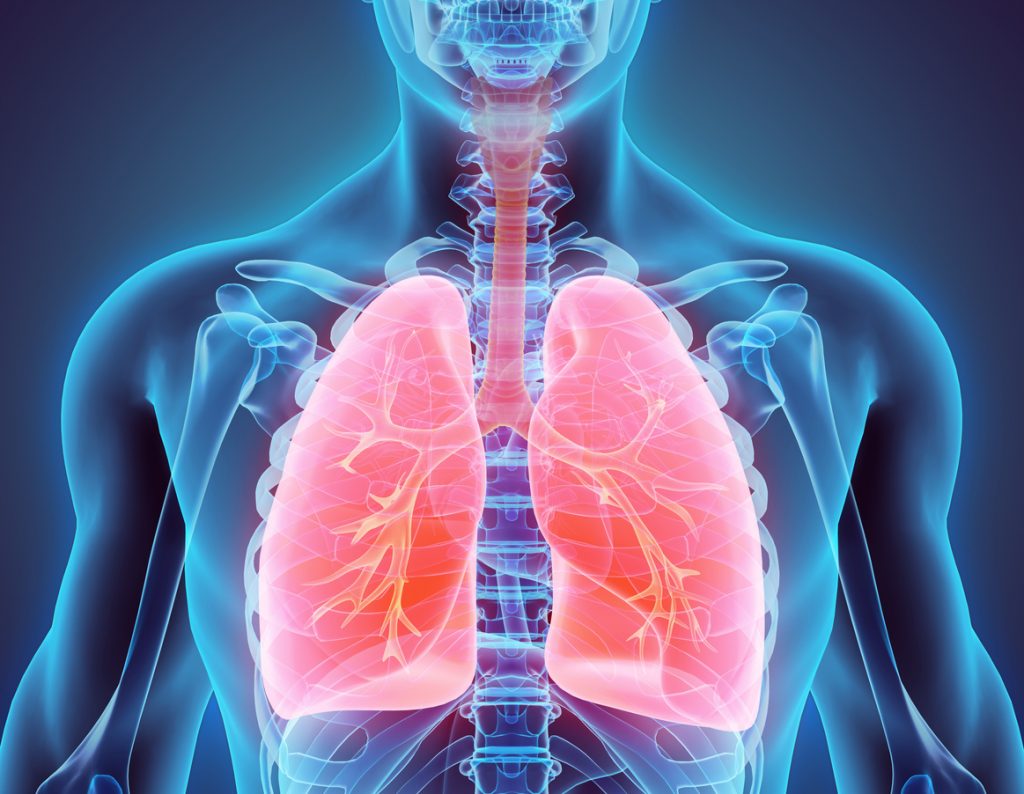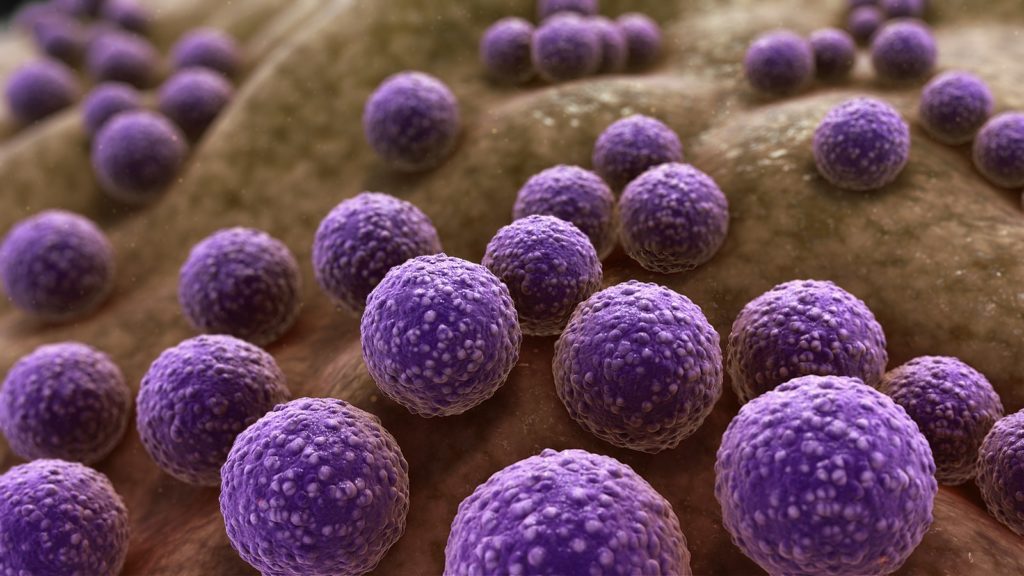HIV infected women in South Africa have a high risk of tuberculosis (TB) infection. Children born to HIV infected mothers may be more likely to be exposed to and become infected with TB, and children infected with TB have a higher risk of developing severe disease than adults with TB. The purpose of this study is to determine if the antibiotic isoniazid (INH) will prevent TB infection in infants born to HIV infected mothers in South Africa.
Official Title
A Randomized, Double Blind, Placebo Controlled Trial to Determine the Efficacy of Isoniazid (INH) in Preventing Tuberculosis Disease and Latent Tuberculosis Infection Among South Africans with Perinatal Exposure to HIV
Conditions
– HIV Infections- Tuberculosis- Pneumocystis carinii Pneumonia
Study Type
Interventional
Study Design
Prevention, Randomized, Double-Blind, Placebo Control, Parallel Assignment, Efficacy Study
Further Details
TB and HIV are major public health problems in South Africa, and the incidence of TB in South Africa is among the highest in the world. TB is caused by the highly contagious bacterium Mycobacterium tuberculosis. The use of INH prophylaxis in adults has been associated with reduced risk of TB disease in high-risk populations. Delay in initiating INH prophylaxis in children has resulted in more cases of childhood TB infection. This study will evaluate the effectiveness of INH prophylaxis in preventing TB infection in South African infants born to HIV infected mothers. Infants will be randomly assigned to receive either INH or placebo by mouth daily, beginning between the 91st and 120th day of life, and at least 90 days after Bacille Calmette-Guerin (BCG) vaccination. HIV infected infants will receive daily sulfamethoxazole-trimethoprim (SMX/TMP) as Pneumocystic carinii pneumonia (PCP) prophylaxis until at least 1 year of age; HIV uninfected infants will receive SMX/TMP until at least 6 months of age. This study will last 192 weeks. Study visits will occur at study entry and every 12 weeks until Week 192. A physical exam and blood collection will occur at each study visit. Infants will be assessed for peripheral neuropathy every 12 weeks until Week 96 and for TB at Weeks 96, 144, and 192. The study will also assess medication adherence.
Study Start
Eligibility & Criteria
Ages Eligible for Study: 91 Days – 120 Days, Genders Eligible for Study: Both Accepts Healthy VolunteersCriteria Inclusion Criteria:Mother is HIV infected Received Bacille Calmette-Guerin (BCG) vaccine during the first week of life Able to complete all study requirements Normal truncated Denver Developmental Test for peripheral neuropathy at study entry Normal deep tendon reflexes and muscle bulk, tone, and strength at study entry Plan to live in the study area for at least 4 years Exclusion Criteria:Previous diagnosis of TB infection Previous receipt of INH Contact with a known acid fast bacilli (AFB) sputum smear or culture-positive case of TB before study entry Current acute or recurrent (3 or more prior episodes) lower respiratory tract disease Chronic persistent diarrhea Significant drop in weight or failure to gain weight appropriately during a 2 to 3 month period Contraindications for use of INH or SMX/TMP Use of certain medications Known or suspected immune system diseases other than HIV Current or previous diagnosis of or treatment for cancer Current immunosuppressive therapy greater than 1 mg/kg/day of prednisone or equivalent Anticipated long-term oral or intravenous corticosteroid therapy (greater than 3 weeks). Those receiving nonsteroidal anti-inflammatory agents and inhaled corticosteroids are not excluded. Grade 2 or greater AST/SGOT, ALT/SGPT, ANC, hemoglobin, platelet count, rash, neuropathy, or myopathy at screening Any Grade 4 clinical or laboratory toxicity within 14 days prior to study entry Other acute or chronic conditions that, in the opinion of the investigator, may interefere with the study
Total Enrolment
1300
Contact Details
[1] National Institute of Allergy and Infectious Diseases (NIAID) (US)[2] Secure the Future Foundation
All content and media on the HealthEngine Blog is created and published online for informational purposes only. It is not intended to be a substitute for professional medical advice and should not be relied on as health or personal advice. Always seek the guidance of your doctor or other qualified health professional with any questions you may have regarding your health or a medical condition. Never disregard the advice of a medical professional, or delay in seeking it because of something you have read on this Website. If you think you may have a medical emergency, call your doctor, go to the nearest hospital emergency department, or call the emergency services immediately.







